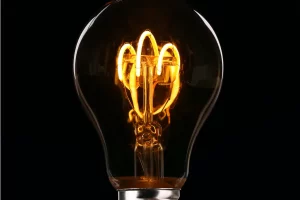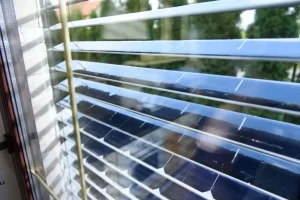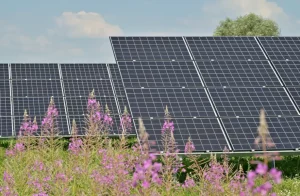As the world continues to shift towards renewable energy sources, solar power has emerged as a popular and sustainable solution. With its ability to harness the sun’s energy and convert it into electricity, solar technology is revolutionizing the way we power our homes and businesses.
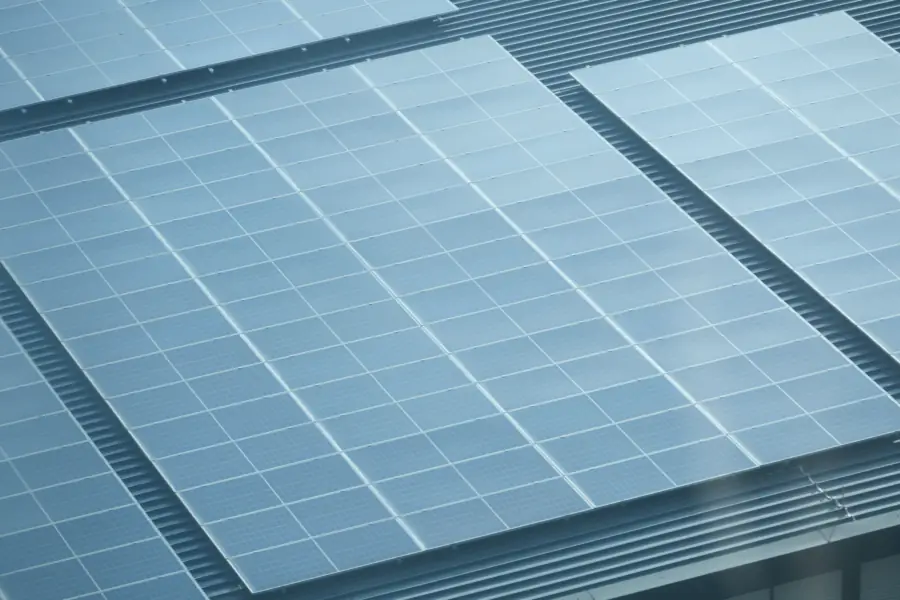
When it comes to installing solar panels, one option that stands out is mounting them on a metal roof. This article explores the numerous advantages of utilizing metal roofs as a solid foundation for solar panel installations, from their durability and compatibility to the potential for cost savings and environmental benefits. Discover why combining solar panels with a metal roof might be the ideal solution for maximizing energy efficiency while reaping long-term rewards.
Is it possible to use solar panels on metal roof?
It is possible to install solar panels on a metal roof. In fact, metal roofs are often considered favorable for solar panel installations due to their durability and compatibility with the mounting systems used for solar arrays.
When installing solar panels on a metal roof, there are a few important considerations. Solar panels can be mounted on metal roofs using various methods. One common approach is to use clamps or brackets specifically designed for metal roofs. These attachments are typically fastened to the seams or ribs of the metal roof without penetrating the roof surface, ensuring the integrity of the roof is maintained.
Metal roofs are generally strong enough to support the weight of solar panels. However, it is essential to assess the load-bearing capacity of the roof and ensure it meets the requirements for the solar panel installation. Consulting a structural engineer or a professional installer can help determine the roof’s capacity and any necessary reinforcements.
The orientation and angle of your metal roof can affect the efficiency of the solar panels. Ideally, the roof should have a suitable orientation (usually facing south in the Northern Hemisphere) and minimal shading from nearby trees, buildings, or other obstructions. This helps maximize the solar energy production.
Why you should mount solar panels on a metal roof
Mounting solar panels on a metal roof can be a good idea for several reasons.
First – metal roofs are known for their durability and longevity. They can withstand various weather conditions, including heavy snow, high winds, and extreme temperatures. This durability extends to the solar panel installation, providing a solid and secure foundation for the panels.
Metal roofs are generally compatible with the mounting systems used for solar panels. There are numerous clamps, brackets, and mounting options specifically designed for metal roofs, ensuring a proper and secure installation without compromising the roof’s integrity.
Typically metal roofs have a high weight-bearing capacity, which makes them suitable for supporting solar panels. Solar panels are relatively lightweight, and metal roofs can generally handle their weight without requiring additional structural reinforcements.
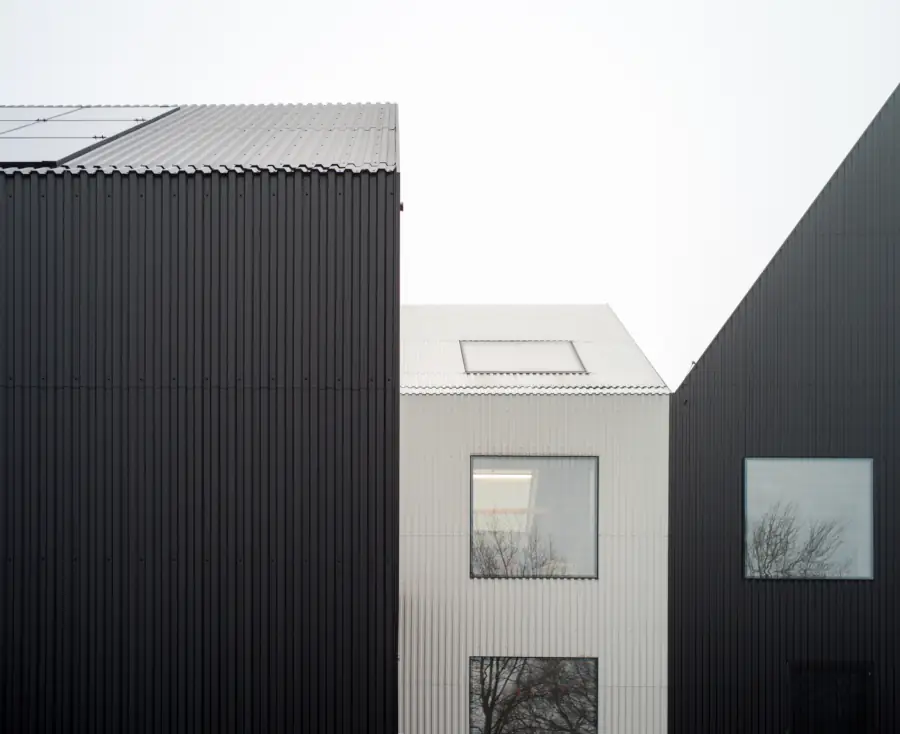
Solar panels can significantly reduce your electricity bills over time by generating your own power. Metal roofs require minimal maintenance, which can further save you money in the long run compared to other roofing materials. Additionally, some regions offer incentives, tax credits, or feed-in tariffs for solar installations, which can further enhance the financial benefits.
Solar energy is a clean and renewable energy source that helps reduce greenhouse gas emissions and dependence on fossil fuels. By installing solar panels on your metal roof, you contribute to a greener environment and support sustainability efforts.
What are the drawbacks of mounting solar panels on metal roof?
While solar panels can be installed on metal roofs, there are a few potential drawbacks to consider.
Heat retention
Metal roofs tend to absorb and retain heat more than other roofing materials. This can lead to higher temperatures on the roof surface, which may affect the performance and efficiency of the solar panels. However, the impact of heat retention can be minimized by utilizing proper ventilation and maintaining an adequate gap between the roof and solar panels.
Roof expansion and contraction
Metal roofs can expand and contract with temperature changes. This movement could potentially strain the mounting system or cause damage to the roof or solar panels if not properly accounted for during installation. To mitigate this issue, specialized mounting systems with flexible components are often used to allow for the metal roof’s natural movement.
Noise
Metal roofs may amplify the sound of rain, hail, or other weather events. The installation of solar panels can further enhance the noise level due to the panels’ hard surface. However, this can be managed by incorporating sound-absorbing materials or insulating layers during installation.
Potential roof damage
While proper installation methods should ensure the integrity of the metal roof, there is still a small risk of damage during the installation process. If not done correctly, drilling holes or applying excessive pressure can cause leaks or compromise the structural integrity of the roof. It is essential to hire experienced professionals to install solar panels on your metal roof to minimize this risk.
Maintenance challenges
Metal roofs generally require less maintenance compared to other roofing materials. However, when solar panels are installed, accessing and maintaining the roof becomes more challenging. Routine maintenance tasks, such as cleaning the roof or addressing any roofing issues, may require extra precautions or specialized equipment due to the presence of solar panels.
Despite these potential drawbacks, many homeowners successfully install solar panels on their metal roofs and benefit from renewable energy generation. By working with experienced professionals and considering these factors, you can help ensure a successful solar panel installation on a metal roof.
Whayt you should know before mounting solar panels on metal roof
Before installing solar panels, it is important to inspect the metal roof’s condition. Ensure that the roof is in good shape, without any significant corrosion, leaks or damage. If needed, it’s advisable to address any roofing issues before installing the solar panels to prevent future complications.
